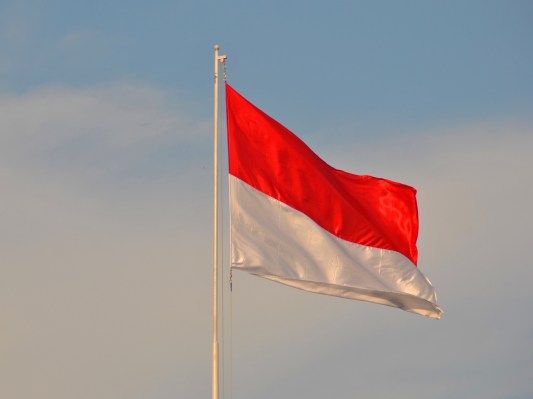If you’re looking for a market with smartphone sales growth potential then India usually comes to mind, but the market is moving forward with much promise in Indonesia, the world’s fourth largest country.
A new report from IDC shows that smartphones sales in the country accelerated by 13 percent year-on-year during the first quarter of 2017. A total of 7.3 million devices shipped were shipped during the period in Indonesia, which has a population of 263 million.
While that’s some ways behind India on raw figures — IDC estimates that 27 million phones were shipped in India in Q1 — it is close to India’s annual growth (14.8 percent) and it is still considerably above the global smartphone sales growth rate of 4.3 percent.
Indonesia has a lot in common with India in that phone sales are being shaped by aggressive Chinese brands entering the country. IDC found that Chinese companies accounted for 31 percent of the marketshare, up from 23 percent a year ago and 12 percent two years ago.
Global companies, most prominently Samsung, hold a dominant 47 percent share, but that’s down from more than 50 percent one year ago.
In order, Samsung ranked top ahead of Chinese duo Oppo and Asus, with local brand Advan and Lenovo-Motorola rounding out the top five.
“The smartphone market in Indonesia as we know it has changed with the China-based vendors becoming more aggressive with their strategies, not just with their product line-up but also their overall marketing plans and activities,” IDC analyst Risky Febrian said in a statement.
“Their cash-rich initiatives have left local vendors struggling to compete in the market space with their limited resources. Meanwhile Samsung has revamped its strategy to fend off the competition and maintain market leadership,” Febrian added.
Indeed, the rest of Southeast Asia has seen a similar Chinese invasion. Oppo and Vivo, in particular, have posted gains which, when combined with huge success at home in China, has vaulted them into the world’s top five smartphone sellers.
This is just the start for Indonesia, and there’s likely to be increased competition going forward.
IDC predicts that the entry of newly franchised BlackBerry smartphones — the Canadian brand remains popular in Indonesia thanks to widespread adoption of its BBM messenger — Xiaomi’s fresh line-up and Nokia, another old favorite being re-energized by HMD, will put even more pressure on the market, particularly for local brands.
